Hamas: Evacuation of Israeli settler outpost shows power of resistance
The Gaza-based Hamas movement has welcomed the departure of settlers from an illegal outpost south of the West Bank city of Nablus, saying it reflects the ability of the Palestinian resistance to impose the will of the nation on Israel.
Speaking on Saturday, Hamas spokesperson Hazem Qassem said the Palestinians “scored a new and important achievement” by “forcing” the settlers to leave the Evyatar outpost.
“The evacuation of the outpost at Jabal Sabih confirms once again the ability of the resistance to impose the will of our people and push the occupation to retreat,” he added, urging the Palestinians to continue their fight “until the end of any Zionist presence” in the area and to prevent the settlers from returning.
The pure blood of the Palestinian people shed in the region is a guarantee for their complete victory against Israel, Qassem said.
He further called for a resurgence of the Palestinian resistance to settlement construction activities in the West Bank.
On Friday afternoon, Evyatar settlers left the outpost some two months after they first arrived there. It is located on a land that has historically been part of the Palestinian villages of Beita, Kablan and Yatma.
The evacuation came in accordance with a compromise struck recently with the Tel Aviv regime.
Under the deal, which was approved by prime minister Naftali Bennett and minister of military affairs Benny Gantz, the settlers are required to leave the outpost, but their houses will remain in place as the regime re-examines the status of the occupied land.
The deal also stipulates that an army post should be established at the hilltop site.

The area near the outpost has witnessed repeated clashes in recent weeks between Israeli soldiers and Palestinian demonstrators.
As the evacuation of Evyatar was underway, dozens of Palestinian protesters sustained injuries after inhaling smoke and tear gas.
Beita deputy mayor Musa Hamayel said a total of five Palestinians had been killed and many others wounded during protests against the outpost.
“Today, the residents of Beita feel victorious. But this is just the beginning, and not the end of our activities,” he said.
“This is not a dispute over the rental of the land. We are opposed to the presence of the settlers on our lands, whether through a religious school or an army base or a settlement. We will continue to resist until the restoration of our land,” Hamayel said.
A senior Hamas official from Nablus described the evacuation of the Evyatar outpost as a victory for the Beita residents and the Palestinian “resistance.”
The settlers were forced to leave the outpost because of the “resistance,” according to Ahmed al-Haj Ali. “The settlers’ feeling that the people of Beita are ready to sacrifice blood in order to defend their land pushed them to withdraw from the area.”
He still warned that the settlers could return to the hilltop, urging all Palestinians to “activate the resistance by all means, and to remove fear from their hearts.”
Tarek Silmi, a spokesperson for Palestinian Islamic Jihad movement, said the “victory of the rebellious youth in Beita is an extension of the victory of the Sword of al-Quds.”
He was referring to the 11-day operation launched by Gaza-based resistance groups in May in retaliation for Israel’s acts of aggression.
“The Palestinian people, through the resistance, are advancing and accumulating victories. This is a process that will not end until the restoration and liberation of every single part of the land of Palestine,” Silmi noted.
Mahmoud al-Aloul, deputy chairman of the ruling Fatah faction, congratulated the residents for their “success in forcing the settlers to withdraw” from the Evyatar outpost.
Palestinians, he emphasized, should continue the “popular resistance until the expulsion of the occupation from all our lands.”
'Defeat is certain for them’: Iran Army chief derides enemy’s claim of invincibility
Explainer: How job scarcity is pushing working-class Americans to enlist in the military
Israel abducted over 100 Palestinians in West Bank since start of Ramadan: Rights group
Israel conducted 41 incursions into Syria in February amid HTS silence: Report
In letter to Araghchi, Hamas outlines repeated Israeli violations of Gaza ceasefire
Pezeshkian says ‘encouraging' signal received in US talks but Iran ready for any scenario
North Korea’s Kim re-elected Workers’ Party general secretary
Iran, Oman consult on arrangements for next round of nuclear talks




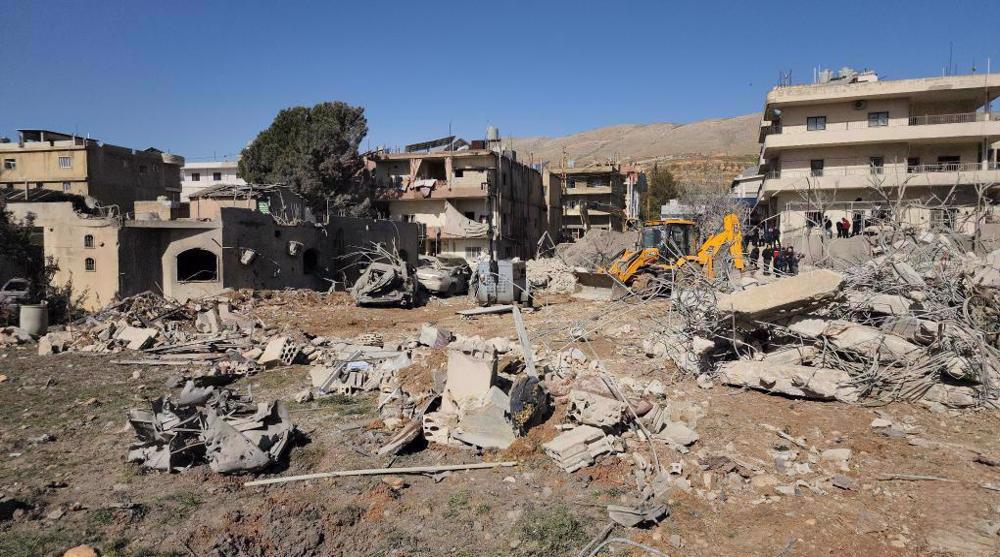
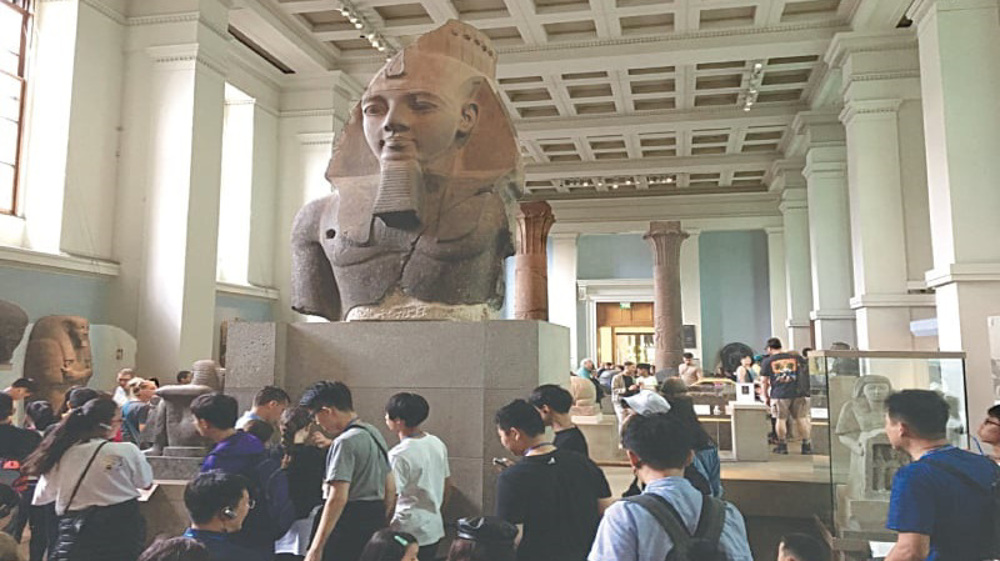



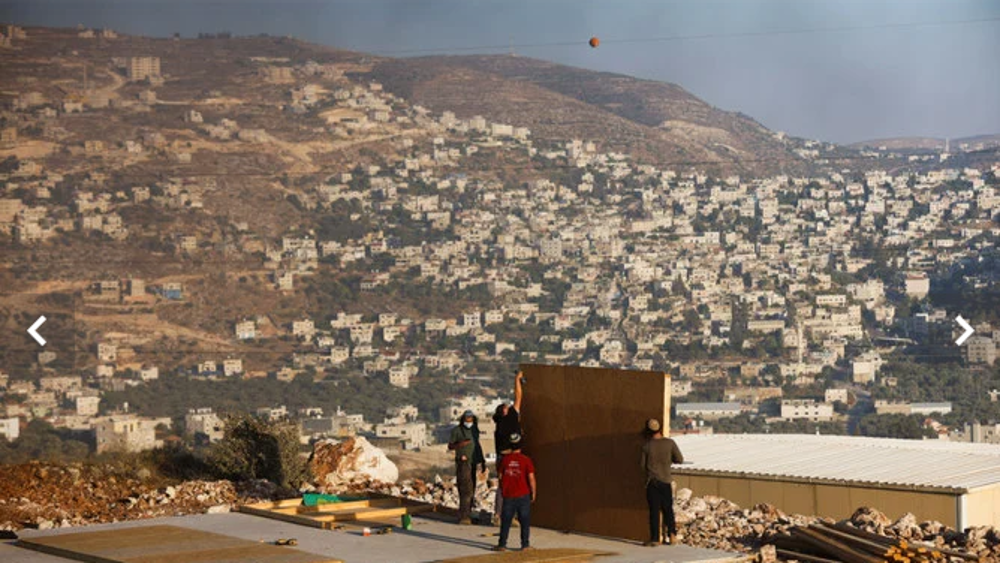

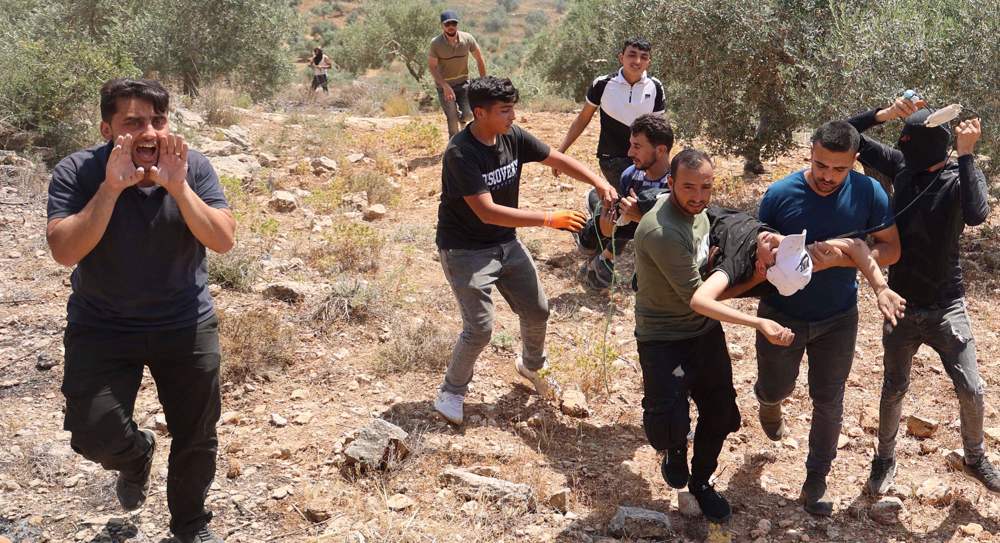
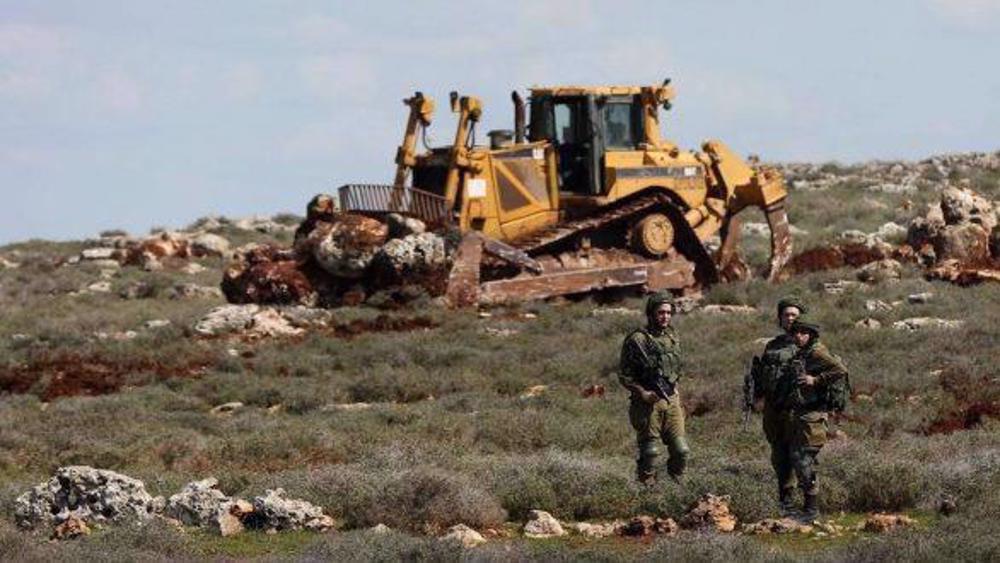
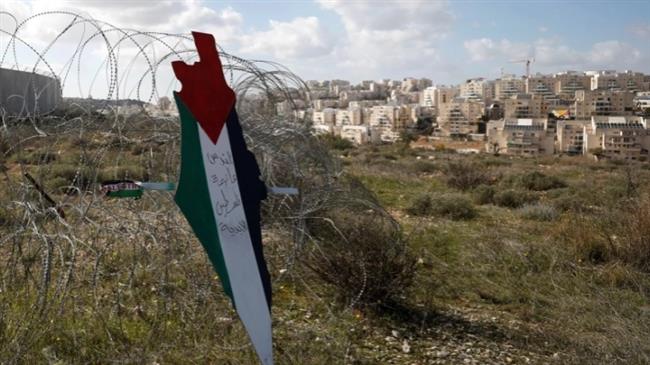


 This makes it easy to access the Press TV website
This makes it easy to access the Press TV website